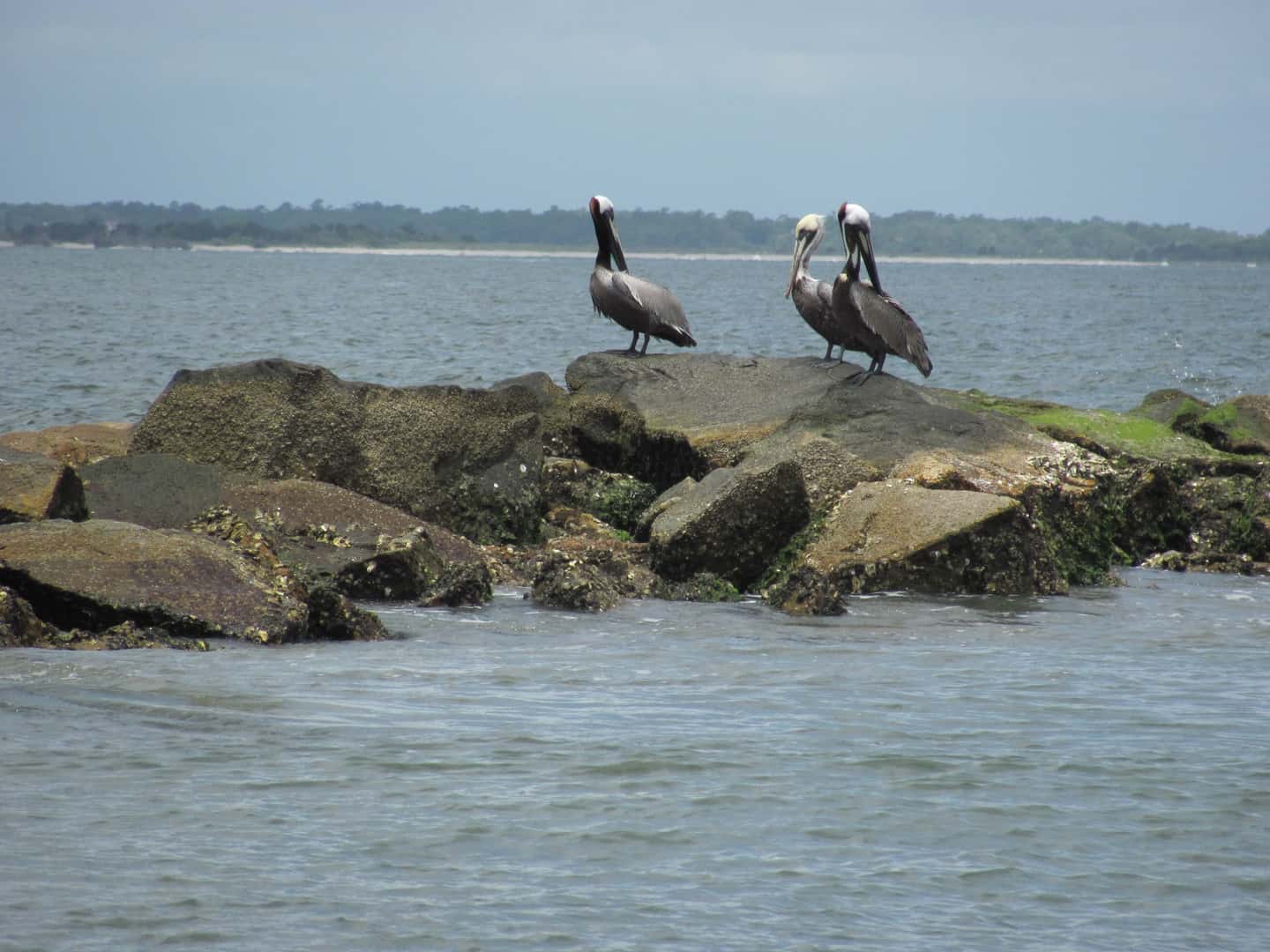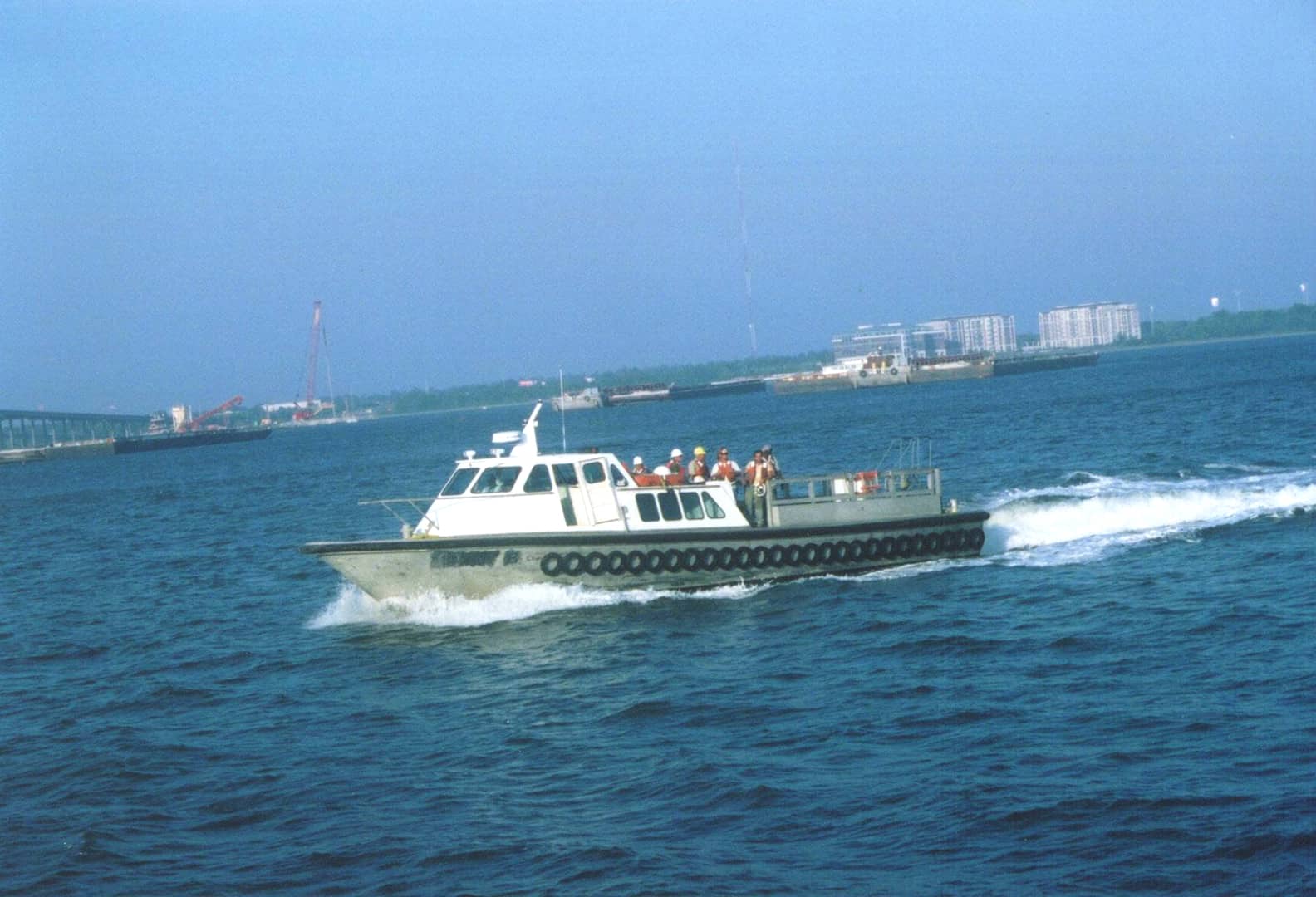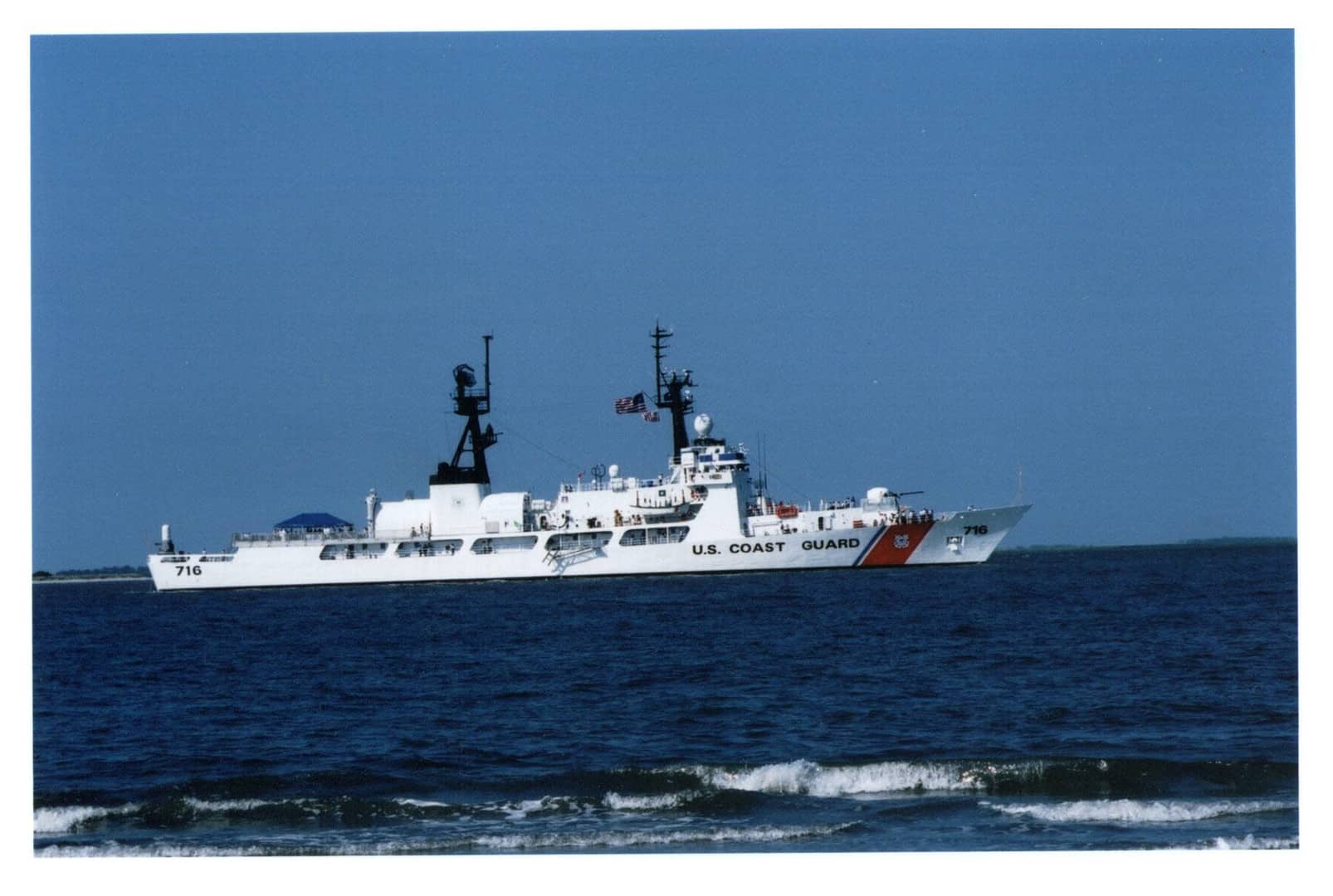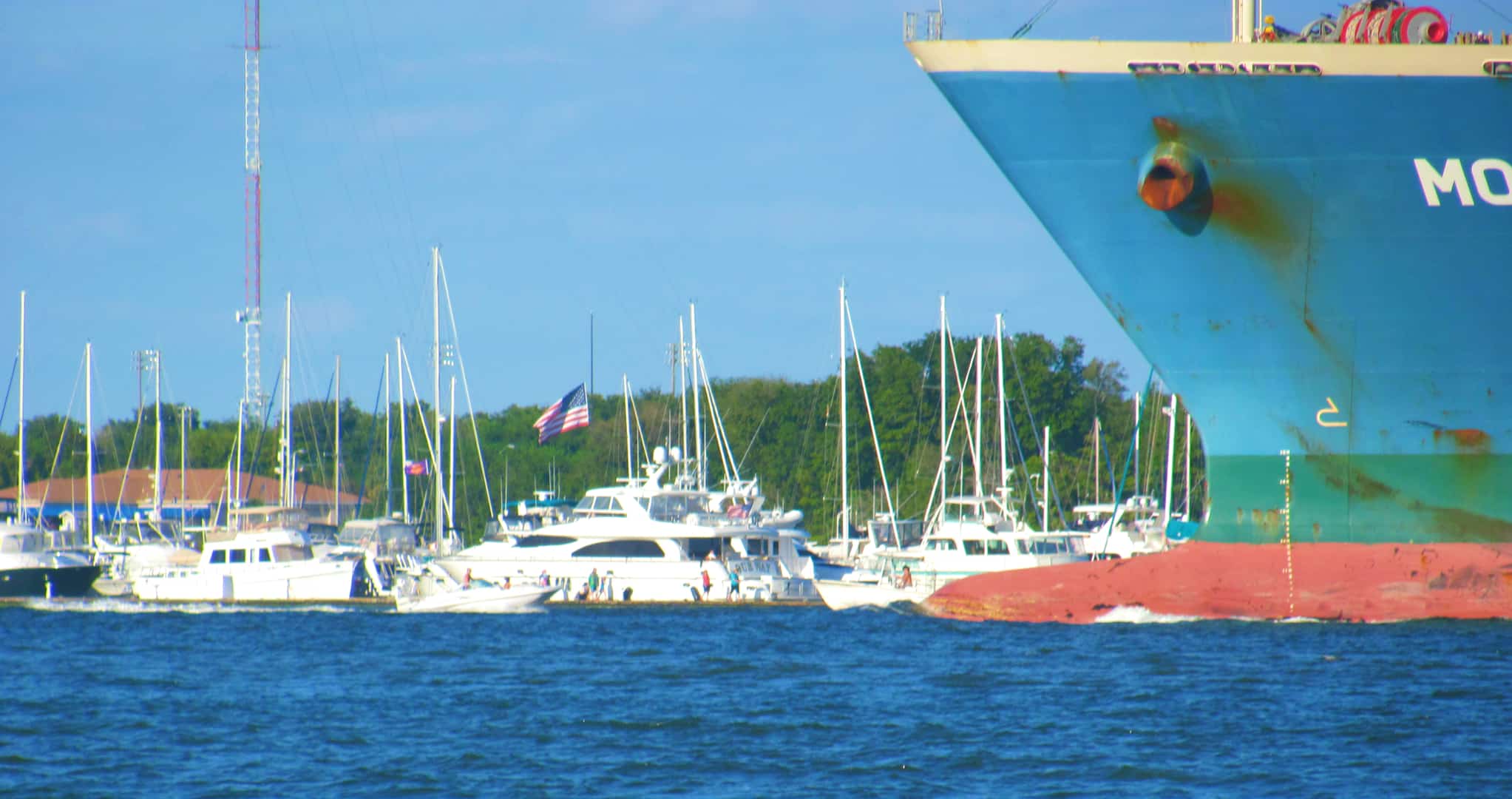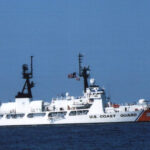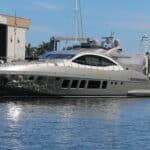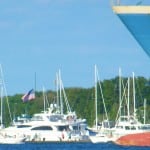Good morning to Captain and crew alike and welcome to the Admiralty Docket. This is John Hughes Cooper with a glimpse into your rights and responsibilities at sea and upon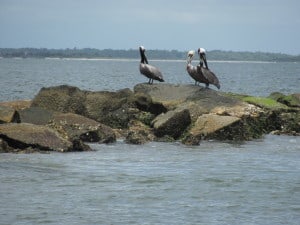 the navigable waters. Today our subject is marine pollution.
the navigable waters. Today our subject is marine pollution.
We find instructive, the case of United States v. Princess Cruises, Inc. from the U. S. District Court, Southern District of Florida,criminal case no 93-06058. On April 26, 1993, Mr. Timothy C. Harris, President of Princess Cruises, Inc., appeared before the United States District Court and entered a plea of guilty to a charge of violation of the Marpol Protocol relating to the International Convention for the Prevention of Pollution from Ships, 1973, as proscribed by 33 United States Code § 1907. The guilty plea was pursuant to a plea agreement by which Princess Cruises, Inc. had agreed to pay the maximum criminal fine of $500,000.00 for the class D. felony under 33 United States Code § 1908 and 18 United States Code § 3571(c).
The violation of the Marpol Protocol was the discharge of more than 20 plastic bags of garbage in to the sea within the exclusive economic zone of the United States. It was the discharge of the plastic bags that constituted the violation and not the discharge of the garbage. A passenger recorded the events on video tape, which was played on network television.
Mr. Timothy C. Harris, President of Princess Cruises, Inc., is not happy and reportedly has ordered the passenger stricken from Princess Cruises’ Christmas card list.
In addition to the Marpol Protocol, which prohibits the discharge of harmful substances into the sea, many ships and other sources of pollution of the seas are subject to the provisions of the Comprehensive Environmental Response, Compensation, and Liability Act of 1980 (commonly known as CERCLA), the Federal Water Pollution Control Act (commonly known as FWPCA), as well as the Oil Pollution Act of 1990 (commonly known as OPA90).
OPA90 includes owners, operators, and charterers of ships as responsible persons, and provides liability for any discharge of oil including removal and clean up costs under FWPCA, or under the Intervention On the High Seas Act, or under applicable state law.
OPA90 provides for 6 types of recoverable damages for which responsible parties will be held liable: natural resources damages, injury to real or personal property, loss of subsistence use of natural resources, net loss of taxes, royalties, rents, fees, or net profit due to injury to real or personal property, loss of profits from injury to real or personal property or natural resources by a claimant, and, finally, net cost of providing increased public services during and after an oil spill.
OPA90 specifically provides that nothing in the act affects the authority of the United States or of any state to impose additional civil or criminal liability for any discharge of oil into the navigable waters.
Flipper applauds Congress’ action in passing OPA90 without a dissenting vote. Mr. Timothy C. Harris has banned Flipper reruns from all ships operated by Princess Cruises, Inc.
More next week on The Admiralty Docket. Until then, remember, your rights and responsibilities may change as you approach the shore and may God Almighty grant you pleasant sailing.

